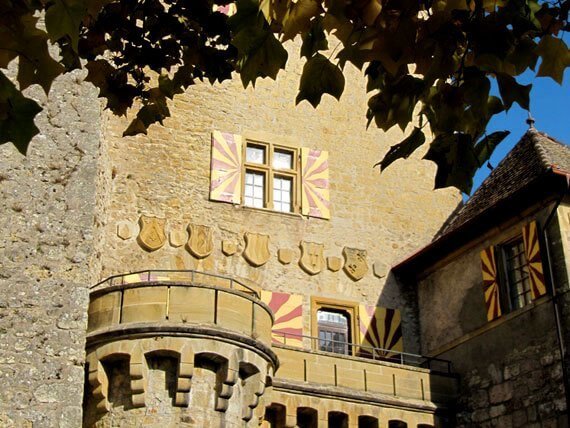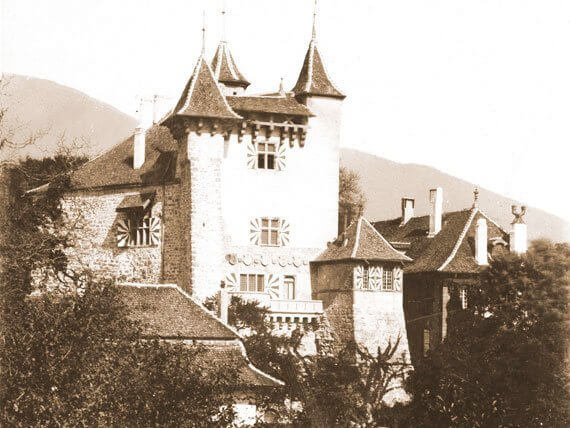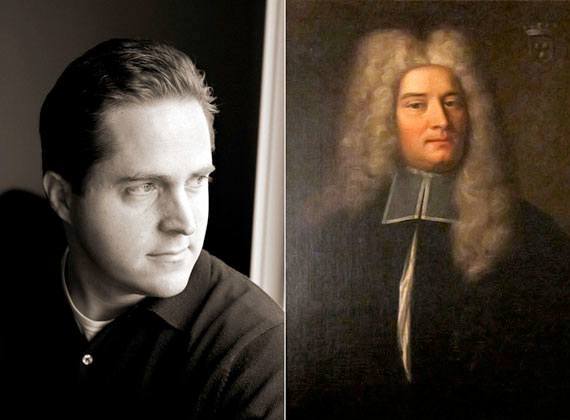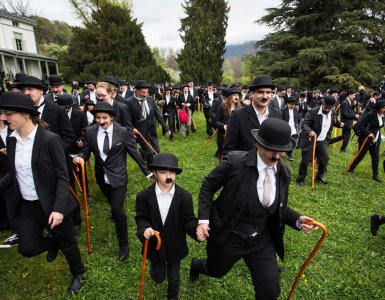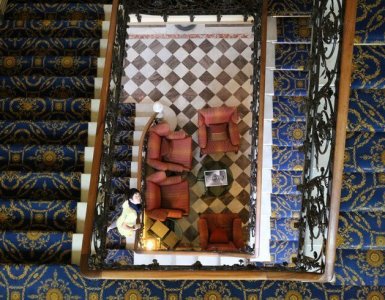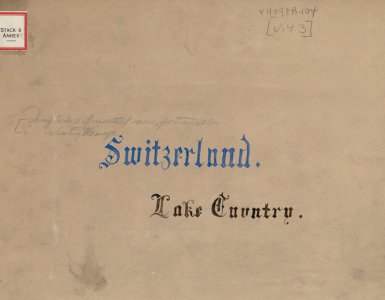Neuchâtel
Thunder boomed and lightning flashed. Shadows danced across suits of armor standing sentry in the darkness. Tapestry scenes seemed to spring to life as light glinted off their metallic threads.
I quickly jumped into the four-poster bed and drew the heavy red velvet curtains. I looked at my wife with a quizzical look as another thunderclap shook the room. We both burst out laughing. Were we trapped in a B-horror film? Mary Shelley conceived of her horror classic "Frankenstein" in Switzerland after all.
It was late after August 1st celebrations and we were in the Charles the Bold room of Vaumarcus castle, overlooking the Lake of Neuchâtel. We were the guests of the Thalmann family with whom I had been in contact since Claude Thalmann purchased the castle in the mid 1980s. Vaumarcus was not simply another picturesque Swiss castle, it was also home of my ancestors for 250 years.
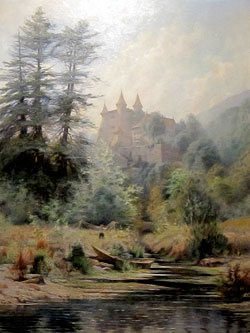
The de Buren family - starting with David in the 1640s - would play a large role in the affairs of Neuchâtel until my great-great-grandfather, Henri de Buren sold Vaumarcus in 1888.
The family name was changed from the original von Büren due to Neuchâtel's Francophone roots. In Neuchâtel, we became Barons of the Holy Roman Empire, while still linked historically to Bern.
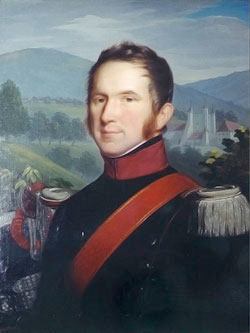
The last baron of Vaumarcus, Albert, was a noted Botanist and helped found the Neuchâtel Natural History Museum. Henri was the President of the Neuchâtel Agricultural Society for over 30 years as well as an explorer who ventured on a two-year voyage through the Americas of the 1850s.
When I was young, I sometimes bemoaned the fact that the castle was no longer in the family. How could Henri have sold it? After much research I have come to understand that Henri had a valid reason for selling, one based on securing better services and greater opportunities for his three deaf children. I am gratified that Vaumarcus still stands today and is once again a vibrant part of the community.
While visiting the castle three years ago, an American couple on a trip across Europe drove on to the castle grounds and inquired about a room for the night. The owner mentioned in passing as we showed them to their room that I was a descendant of the former barons of the castle. They probably thought "Yeah, right." As we entered one of the rooms in the newer part of the castle, the American woman blurted out "Oh my gosh, that looks like you!" while pointing at a family portrait.
You can be the judge.
Growing up in the U.S. has allowed me to look at my Swiss roots with fresh eyes, something I could not have done if my grandfather had never emigrated. I now recognize my Auslandschweizer viewpoint as a benefit, one that has motivated me to pursue my family history with zeal. If distance and time makes the heart grow fonder, my love for Neuchâtel only grows.
For more in-depth coverage on my family heritage, please visit my family blog.

